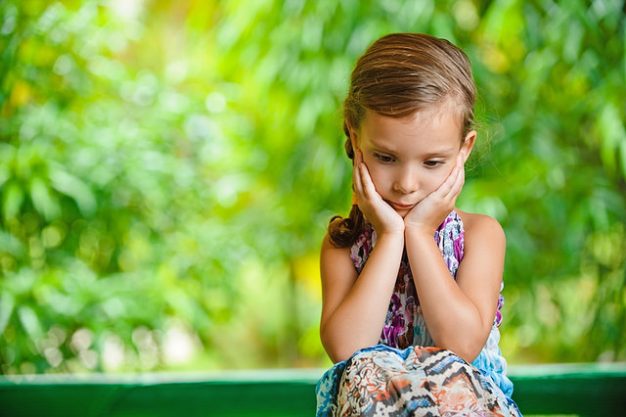
The effects of urbanism on children’s mental health
Urban lifestyles are increasingly having an effect on the mental health of children living in cities, say child experts. Marie Miguel, a writer, and researcher is among those concerned about how a child’s city experiences can lead to conditions like depression or anxiety. In this article for Child in the City, she shares her insights.
Out of the 75 million children in the USA, around 17 million have suffered from these conditions. This is more than the number of children with AIDS, diabetes and cancer combined. In addition, over half of all mental health conditions occur before a child reaches puberty. Depression and anxiety in children can come from many factors – one that is currently of great interest by sociologists and child psychiatrists is the factor of urban living.
Urbanisation
“The rapid and ongoing urbanisation is not something that we can stop. A country’s progress is greatly affected by expansion and creation of new cities, however, there are also downsides and one of which is the effect on children’s mental health.”
She points to a study conducted by Duke University (Duke University, 2016), which suggested that children living in highly urbanised area showed prominent psychotic symptoms as well as major depression. “This is due to lower social cohesion among neighbours and the increased crime rates in the neighborhood,” adds Miguel. “Parents who are busy at work and have less time with children have also made a great impact on the child’s emotional health. Being solitary most of the time and with less friends, the child can have a negative perception on how city living is for them.”
Common signs
Miguel says it is important that parents know how to spot indicators of depression in children, with some of the most common signs being a lack of interest in activities they usually enjoy; lack of appetite or eating more than usual, unable to concentrate or make decisions; weight gain or loss; withdrawing from contact with other children; and forgetfulness.
Signs of anxiety in children are similar to those of adults, but they may be harder to notice in some children. Some of the typical symptoms of anxiety disorders include; difficulty sleeping or staying asleep; nightmares, crying spells, avoiding family and friends; difficulty concentrating; negative thoughts; and outbursts of anger.
What parents can do
Helping a child with depression or anxiety is vital to their mental health. Parents, says Miguel, need to talk to their child and try to understand what it is they are going through. They need to reassure the child that they understand what the child is experience and that you want to help them feel better. Parents can also say they have had similar feelings and that it is normal and common, but that it needs to be treated to help prevent other problems. She says one of the best options is online therapy because a child will feel more comfortable talking to someone from the comfort of their own home.
Reference:
Duke University. (2016, May 11). How urban living affects children’s mental health: Low social cohesion, higher crime in urban areas is shown to increase presence of psychotic symptoms in children. ScienceDaily. Retrieved April 9, 2018 from www.sciencedaily.com/releases/2016/05/160511210922.htm




